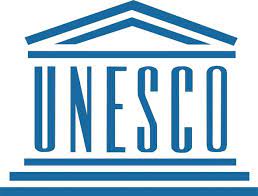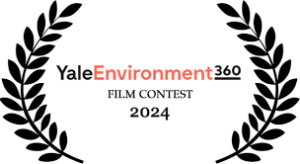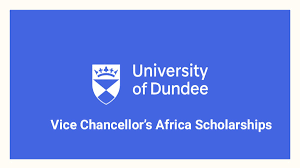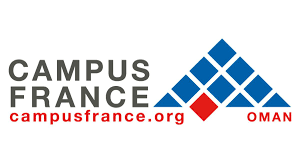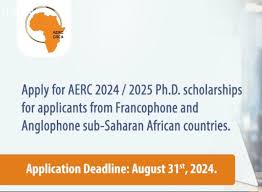Through the Responsible Computer Science Challenge, USAID and Mozilla are supporting the conceptualization, piloting, and scaling of curricula that integrate interdisciplinary perspectives with computer science training. This process will educate a new wave of technologists to account for the human consequences of technology design and use, to reimagine our technology ecosystems, and to build a better future. The hope is that these educational experiences will provide future technologists with the historical and social context they need to better understand the impact of their work and equip them with frameworks to build responsible trustworthy technologies.
Eligibility
The Responsible Computer Science Challenge is open to accredited institutions of higher education and innovation hubs based in Kenya.
Awards
The Responsible Computer Science Challenge plans to award 10 grants from a pool of $250 000 USD to innovation hubs and accredited institutions of higher education in Kenya that embed ethics into computer science programs and curricula.
Judging Criteria
Challenge submissions are judged by a panel of experts from academic, nonprofit, and for-profit organizations working in the fields of computer science, ethics, technology, and other experts from related domain areas. Selection criteria are designed to evaluate the merits of the proposed concept. The review criteria are as follows:
- Vision Alignment to RCS: Does the proposed concept align with RCS’ goals of educating a new wave of engineers who bring holistic thinking—as well as diversity and equity—to the design of technology products?
- Feasibility: How feasible is the outlined concept? How likely is the project team to be successful in implementing this approach?
- Impact: How will this approach prepare students to understand the impact of computing work and equip them with frameworks to build better, more trustworthy, and less harmful technologies?
- Movement Building: Does this applicant help to engage new and diverse perspectives in the conversation about ethics and technology?
- Working Open: How will you document and share your concept with local and global audiences and community of practices? How might you engage students, professors from other disciplines, university administrators, innovation hubs, non-profits, start
Application Deadline: January 17, 2023 Midnight EAT.
For More Information:
